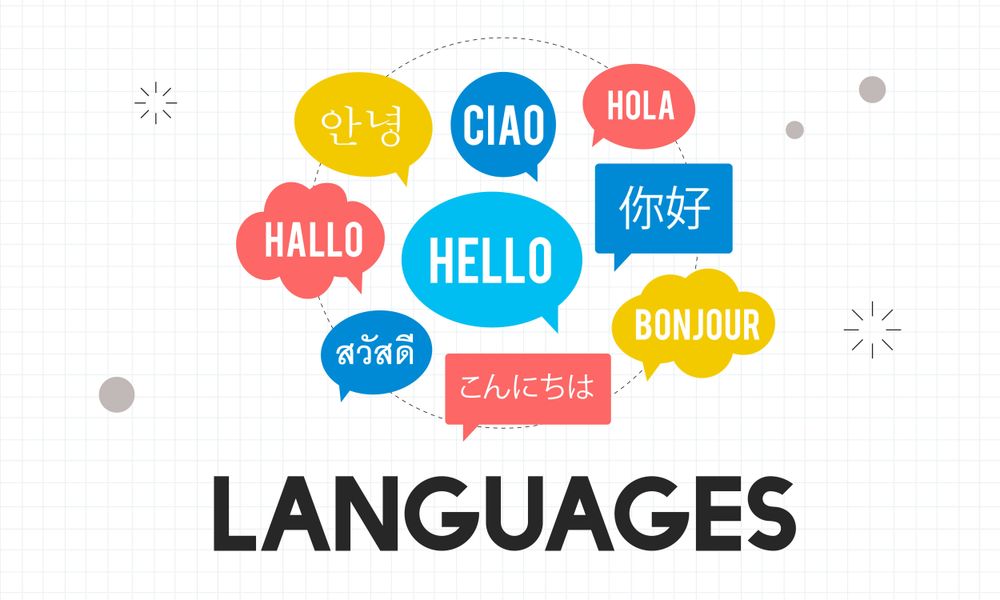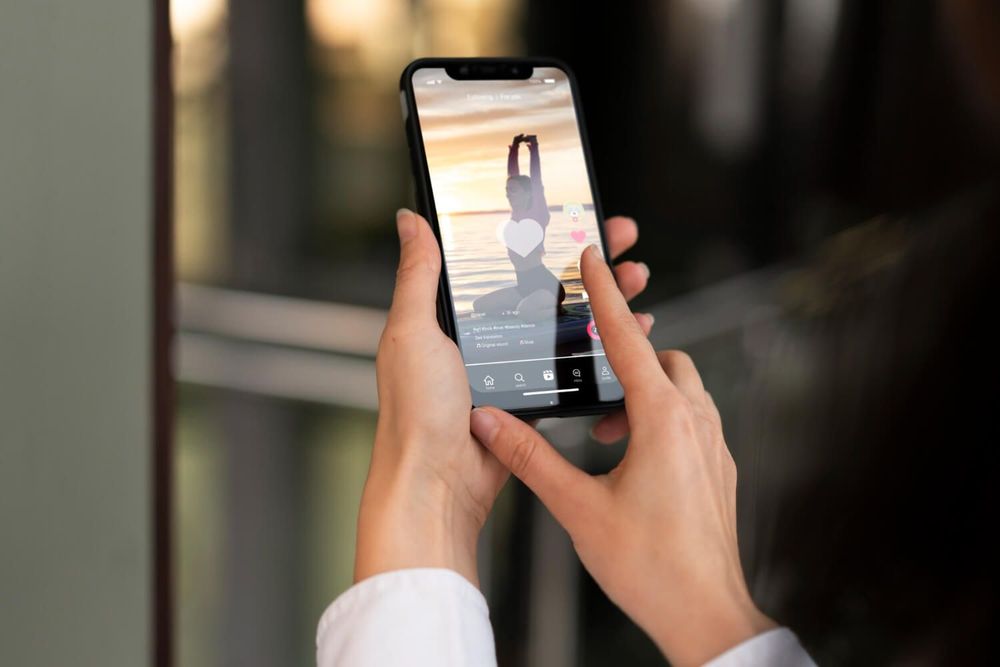The creative process of crafting a new song can be fun and exciting. But when writer’s block hits, you just need another source of inspiration to finish composing. The search for inspiration and the right words can often leave you feeling stuck or frustrated. But with the advent of AI-powered language models like ChatGPT, the process of composing songs has become more accessible and streamlined.
ChatGPT can help generate lyrics that fit your desired style and mood, saving you time and effort in the songwriting process. We'll take a deep dive into the steps you can follow to use ChatGPT to compose a song, allowing you to unleash your creativity and bring your musical ideas to life.

Step 1: Start a Chat with ChatGPT using Chatbot Pro
To begin, head over to the AI-Pro website and create a new chat with ChatGPT. If you haven't already, make sure you create an account and log in to access the platform.
Step 2: Ask ChatGPT to Compose a Song
Type your request into the text prompt bar, making sure to provide specific details about the song you want to write. For example, you could try something like: "Compose a song with a happy and upbeat melody, in the style of pop music, with lyrics about falling in love for the first time."
In order for ChatGPT to compose a song that you like, you need to provide details just as you would with a human collaborator:
- Describe the mood. Explain to ChatGPT the mood you’d like to have in your song, whether it’s happy or melancholic, provide how you want the listeners to feel when listening to the song.
- Explain the style. The lyrics ChatGPT will compose must be apt to the style you plan to want. You can tell to have the lyrics in 12-bar blues, verse-chorus form, ternary form, etc.
- Genre. Include in your prompt what genre would your song be – RnB, Pop, Jazz, and the like.
- Add specific lyrics or phrases. Include the words or phrases you want to include in the song lyrics.
Step 3: Review the Output
Once ChatGPT generates a draft of lyrics for your song, take a few moments to review them. Keep in mind that the lyrics may not be perfect right away, but they can serve as a great starting point for your song.
Step 4: Tweak and Refine the Lyrics
This is where you can start to make adjustments and refine the lyrics to your liking. You can experiment with different word choices, sentence structures, and rhymes until you have a set of lyrics that you're happy with.
If you're not satisfied with the initial output, you have a few options for generating a new response. You can try clicking "Regenerate Response" at the bottom of the screen, or you can edit your prompt and resubmit it. You can also ask follow-up questions to ChatGPT to get it to generate new lyrics based on your input.
Step 5: Ask ChatGPT for Chord Patterns
You need music patterns to form a song. Request a chord pattern from ChatGPT that fits the sound you're going for by describing the desired style and vibe of your song. Once ChatGPT generated the output, review and make necessary revisions for the chord patterns if needed.
Step 6: Save and Use the Lyrics and Chords
'Once you have a set of lyrics that you're happy with, you can save them and use them for your song. You may want to make additional edits and adjustments as you begin to set the lyrics to music, but ChatGPT's generated lyrics can serve as a great starting point. But make sure to save these lyrics in text editing software like Microsoft Word, Google Docs, Pages, or Notepad.
Example Prompt
Here is an example prompt applying Step 2:

Here is the full prompt asking ChatGPT to write song lyrics based on the user’s description:

Here is the prompt applying Step 4:

Here is another prompt based on Step 5 or asking a chord pattern from ChatGPT:

Wrapping it Up
ChatGPT can be a great tool for songwriters who are looking for inspiration and new ideas for their music. By providing specific details and context to the language model, you can generate a draft of lyrics that match the style, mood, and genre of the song you want to write. From there, you can tweak and refine the lyrics until you have a set that you're happy with, and use them as a starting point for your song.
If you’re interested in trying out other large language models (LLMs), we have also integrated Gemini, LLaMA, Mixtral, Vicuna, and Qwen in Chatbot Pro. Maximize the power of artificial intelligence with AI-PRO today!





